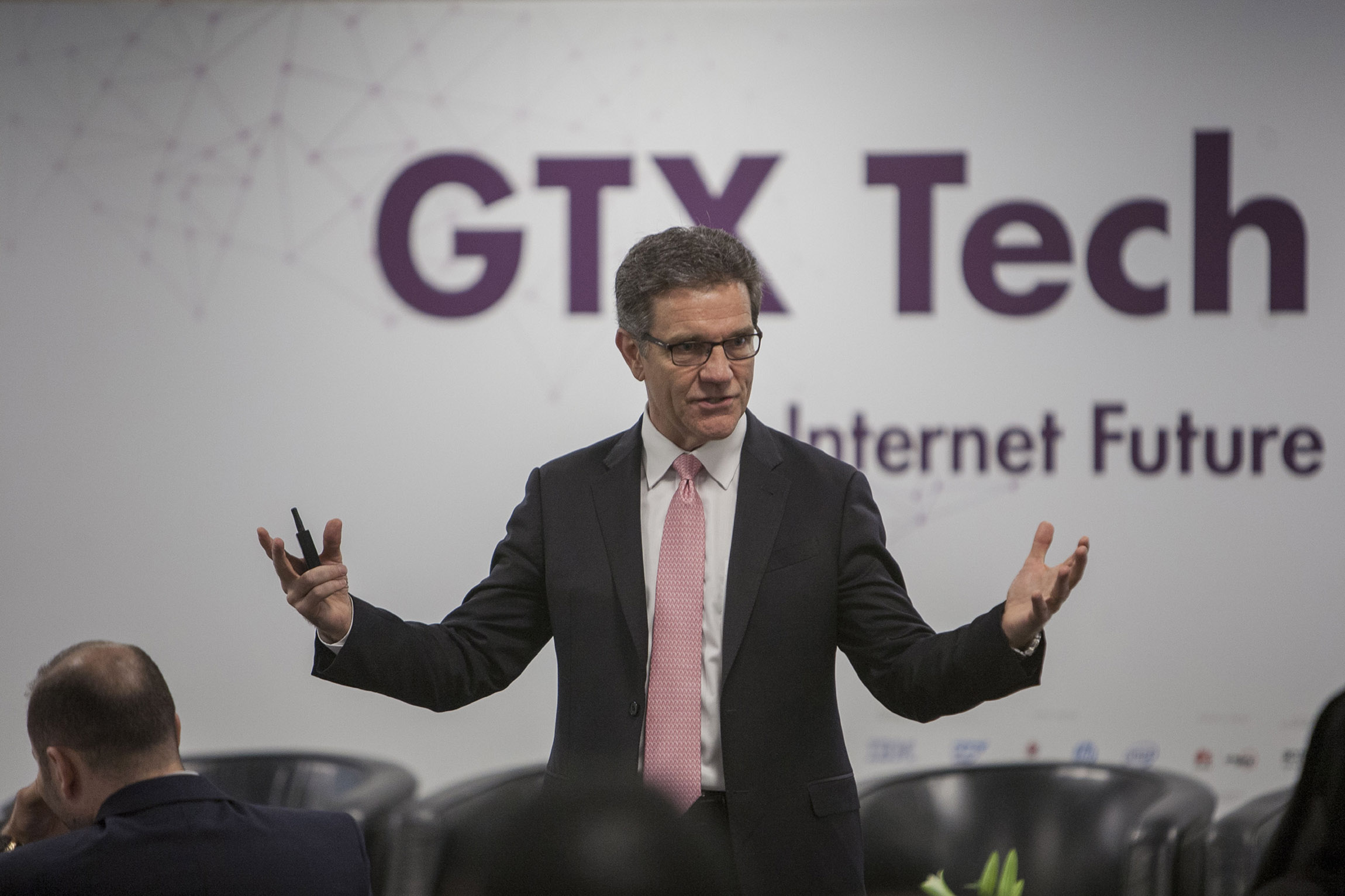In the wake of low oil and gas prices, the next generation of “digital oilfields” will be needed to support the Middle East’s rapidly-growing for oil exploration and production over the next five years, declared industry experts today attending GITEX Technology Week 2015.
While global crude oil prices have dropped to their lowest levels in months, to $45-50 per barrel, the Middle East is set to be one of the world’s-fastest growing region for oil demand in 2016, reaching 94 million barrels per day in 2016, according to a recent report by the Organisation for Petroleum Exporting Countries.
With the oil and gas industry facing limited resources for exploration and production, energy firms are under high pressure to fully digitise their operations over the next five years, in order to maximise resources and accelerate cycle times, according to a new report by Frost & Sullivan.
GITEX Technology Week 2015 is hosting a wide range of technology exhibitors and thought leaders in the oil and gas sector, who are anticipating the growing need for energy solutions across cyber security, integrating exploration and production, and process optimisation.
“With our Technology Vision 2015 report showing that about half of the Middle East’s organizations are already actively investing in digital technologies, the region’s oil and gas companies need to ensure that they capitalize on the data opportunity by applying advanced analytics to generate measurable outcomes. This journey of digital transformation will have a significant impact on the industry’s operations and its workforce, helping the sector to continue to post sustainable growth,” said Kausar Qazilbash, Global Lead for Digital Business for Oil and Gas and Utilities Industries, Accenture.
At GITEX Technology Week 2015, the GTX Ignite conference is hosting key energy speakers such as Kausar Qazilbash, Global Lead for Digital Business for Oil and Gas and Utilities Industries, Accenture; Michael Gibbs, CIO, BP; and Antoine E. Milan, Milan Executive Partner – Natural Resources, Middle East, Africa, Turkey, IBM.
Additional energy organizations include the Abu Dhabi Marine Operating Company (ADMA-OPCO), Abu Dhabi Oil Refining Company (Takreer), ADNOC Distribution, Industrial Internet Consortium, and Royal Dutch Shell.
Across the Middle East, digital oilfields are using real-time analysis of Big Data to enhance workflow, day-to-day operations, decision-making, and profitability enabling companies to reorient workflows and operations.
Cloud-based mobile data centres can provide local area networks, satellite communications, storage and backup, automation, and firewalls; and enable mobile workforces. Middle East oil and gas firms are also adopting wearables for real-time information, monitoring safety, and managing workflows, according to Frost & Sullivan.
In the near future, oil and gas firms could use 3D printing to produce spare drilling parts site, eliminating inventory investments, transportation, maintenance, and obsolescence. Deep-sea robots powered by renewable energy could install the spare parts, monitor drilling, and maintain pipelines, added Frost & Sullivan.
“The GCC hosts one of the region’s largest oil and gas reserves, and energy firms in the region are on the cutting-edge of innovation. Now is the time for firms to fully digitise their operations to prepare for increased exploration and production in the near future,” said Trixie Loh Mirmand, Senior Vice President, Exhibitions & Events Management, Dubai World Trade Centre (DWTC), organizers of GITEX Technology Week 2015.
“Technology solutions can help energy firms to simplify their systems and integrate their value chain, while unlocking enhanced profit and return on investment, and safer environments,” added Trixie LohMirmand.
Accenture, the professional services company, will serve as the Digital Transformation Partner for GITEX Technology Week, supporting the digital transformation of the oil and gas sector.



